Trump demands free passage through Suez and Panama Canals, citing US ‘ownership’ of waterways
- Update Time : Monday, April 28, 2025
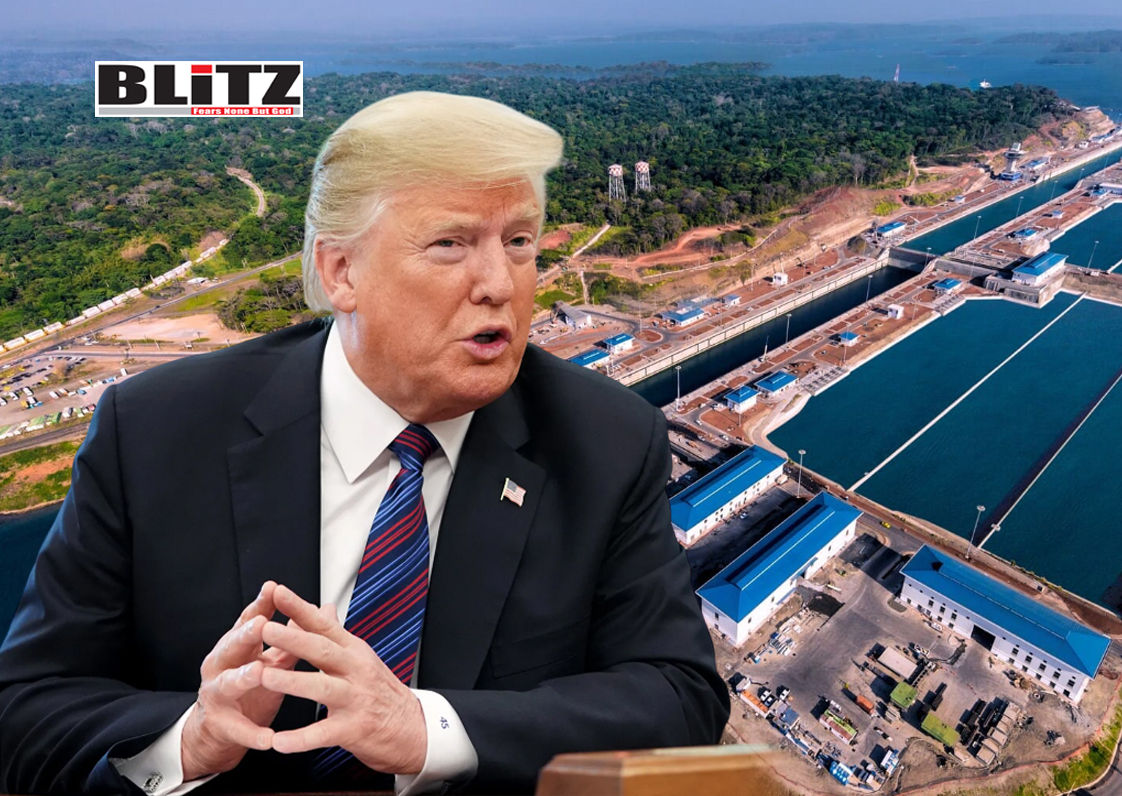
In a move that is already generating international controversy, President Donald Trump declared this week that American commercial and military vessels should be allowed to pass through the Panama and Suez Canals without paying any fees. Trump claimed that these strategic waterways would not even exist without the contributions of the United States, sparking diplomatic tension with Panama, Egypt, and other concerned nations.
Posting on Truth Social on April 27, Trump argued, “American ships, both military and commercial, should be allowed to travel, free of charge, through the Panama and Suez Canals! Those canals would not exist without the United States of America.” Trump also revealed that Secretary of State Marco Rubio had been directed “to immediately take care of, and memorialize, this situation,” though he provided few details on how this demand would be enforced or negotiated.
While Trump’s rhetoric plays well among his populist base, the historical record casts serious doubt on his assertions-especially regarding the Suez Canal. Built between 1859 and 1869, the Suez Canal was the brainchild of French diplomat Ferdinand de Lesseps and financed primarily by French and Egyptian interests. The United States had no involvement in its construction, ownership, or early operations. British forces later seized effective control, and eventually, after decades of conflict and colonial rivalry, Egypt nationalized the canal in 1956 under President Gamal Abdel Nasser.
If anything, America’s involvement with the Suez Canal has been largely peripheral, limited to diplomatic pressure and occasional interventions in times of conflict, such as its participation in mine-clearing operations after the 1973 Yom Kippur War. Trump’s suggestion that the Suez Canal owes its existence to America is historically inaccurate and is likely to alienate Cairo at a time when US-Egyptian relations are already strained.
The situation regarding the Panama Canal is more complicated but still underscores the aggressive nature of Trump’s foreign policy ambitions. After the French effort to construct a canal failed in the 19th century, the United States took over the project, completing the Panama Canal in 1914. For decades, the US exercised sovereign-like control over the canal and its surrounding territory, the Panama Canal Zone. However, the Torrijos-Carter Treaties signed in 1977 set a path for Panama to gain full control over the canal by December 31, 1999.
Under the treaty, Panama agreed to maintain the canal’s neutrality and ensure access to ships from all nations. The United States retained the right to defend the neutrality of the canal if necessary. In recent years, some American officials, especially those aligned with Trump, have voiced concerns that Chinese companies might be gaining too much influence over Panama’s infrastructure, even though the Panama Canal Authority asserts it remains fully independent and in Panamanian hands.
In February, Secretary of State Marco Rubio personally delivered an ultimatum to Panamanian authorities on Trump’s behalf, warning them of possible consequences unless they severed expanding ties with Beijing. President Jose Raul Mulino, though initially resistant, eventually conceded by refusing to renew certain agreements with China related to the Belt and Road Initiative. Nonetheless, Mulino emphasized that the Panama Canal remains the “inalienable patrimony” of the Panamanian people, making clear that Panama has no intention of relinquishing control.
Further escalating the situation, US Defense Secretary Pete Hegseth announced earlier this month that multiple US Navy ships, Coast Guard vessels, and aircraft had been deployed in and around Panama. Hegseth described the move as part of “bold first steps to revive our defense and security ties between our countries,” but many observers interpret it as a thinly veiled show of force intended to intimidate Panama and reassure American voters of Trump’s assertive stance on national security.
Trump’s push to demand free passage through the Suez Canal represents a notable expansion of his worldview, which often portrays global strategic assets as somehow owned or controlled by the United States by virtue of its historical or military power. It also fits within a broader pattern of Trump-era foreign policy, characterized by transactional diplomacy, coercive tactics, and a persistent focus on American dominance rather than multilateral cooperation.
Critics argue that Trump’s stance not only risks alienating key allies but also reflects a dangerously outdated imperial mindset. “It’s colonial thinking, plain and simple,” said Dr. Maria Calderon, a professor of international relations at Georgetown University. “These waterways are sovereign assets of other nations. Trump’s rhetoric ignores international law and norms.”
International response has been muted so far, with Egypt refraining from a direct public comment. Analysts suggest Cairo is likely weighing its options carefully, given its complex relationship with Washington and its ongoing need for US military aid. However, behind the scenes, diplomatic sources report significant anger at what is perceived as American arrogance.
Panama, for its part, has been more vocal in defending its sovereignty. In a press conference, President Mulino stated, “The Panama Canal is not for sale, nor will it be held hostage by threats or coercion. We value our relationship with the United States but will always prioritize our nation’s independence.”
Meanwhile, Chinese officials have remained quiet but are undoubtedly monitoring the situation closely. Beijing has steadily expanded its influence in Latin America and Africa, including investing heavily in ports and logistics hubs. A confrontation over the Panama Canal could provide China with an opportunity to position itself as a defender of small nations’ sovereignty against American bullying.
The domestic political implications of Trump’s statements cannot be overlooked. With the 2024 presidential election looming, Trump appears to be returning to familiar themes that galvanized his base in 2016 and 2020: American exceptionalism, distrust of international agreements, and a belligerent approach to global affairs. Framing control over global waterways as a matter of national pride and security allows Trump to reinforce his image as a leader who will “stand up” for America against foreign powers, real or imagined.
In the end, whether Trump’s demands lead to any real change remains to be seen. But his rhetoric has already further strained America’s relations with important international partners-and signaled that if he returns to office, the world can expect a return to a more confrontational, unilateralist US foreign policy.


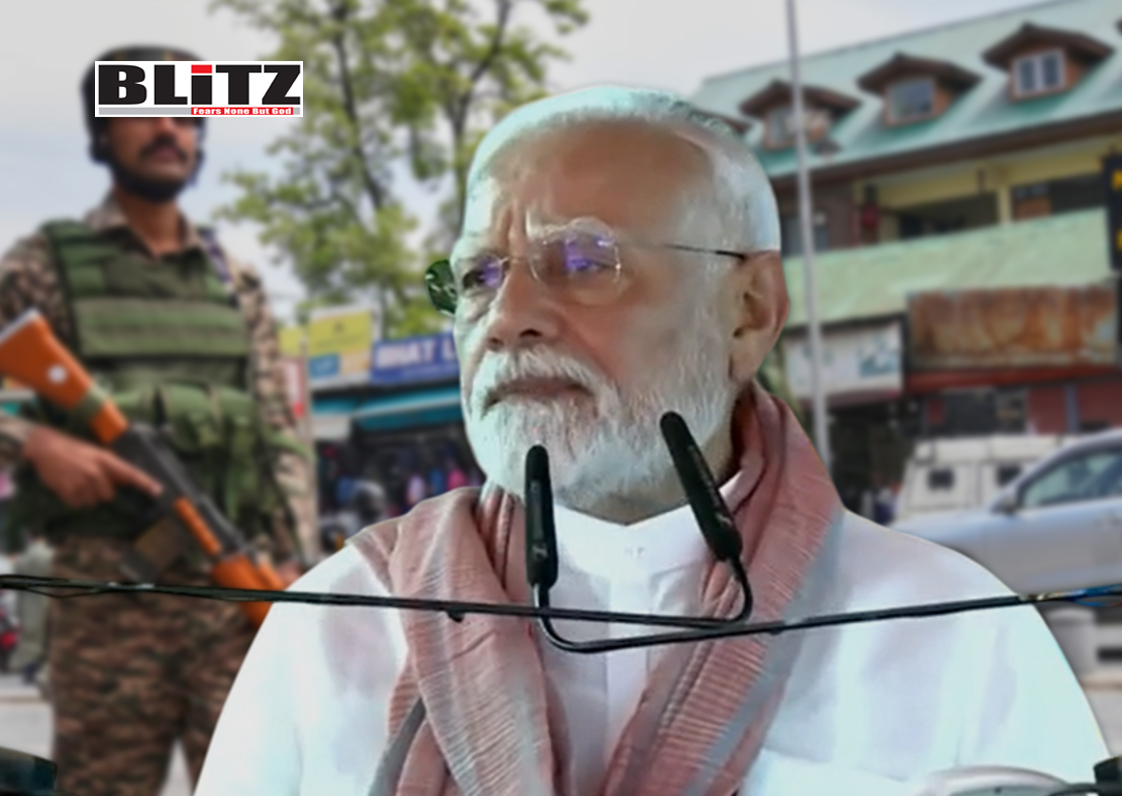
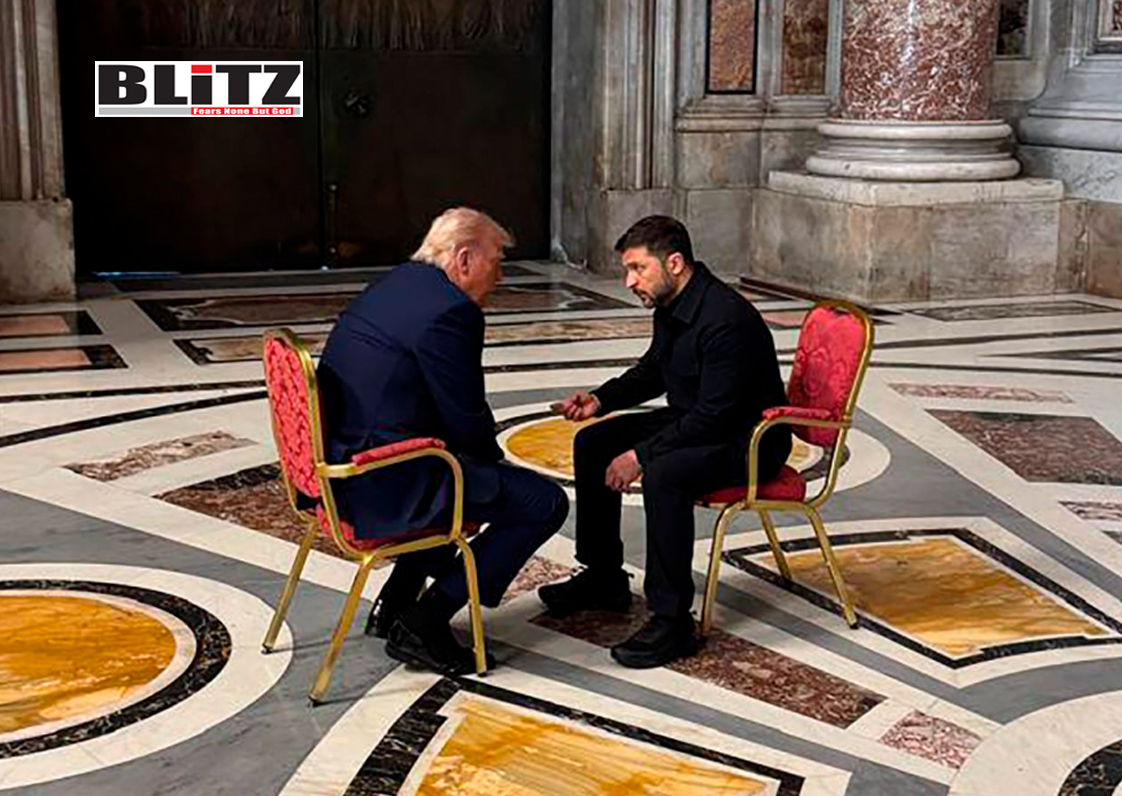
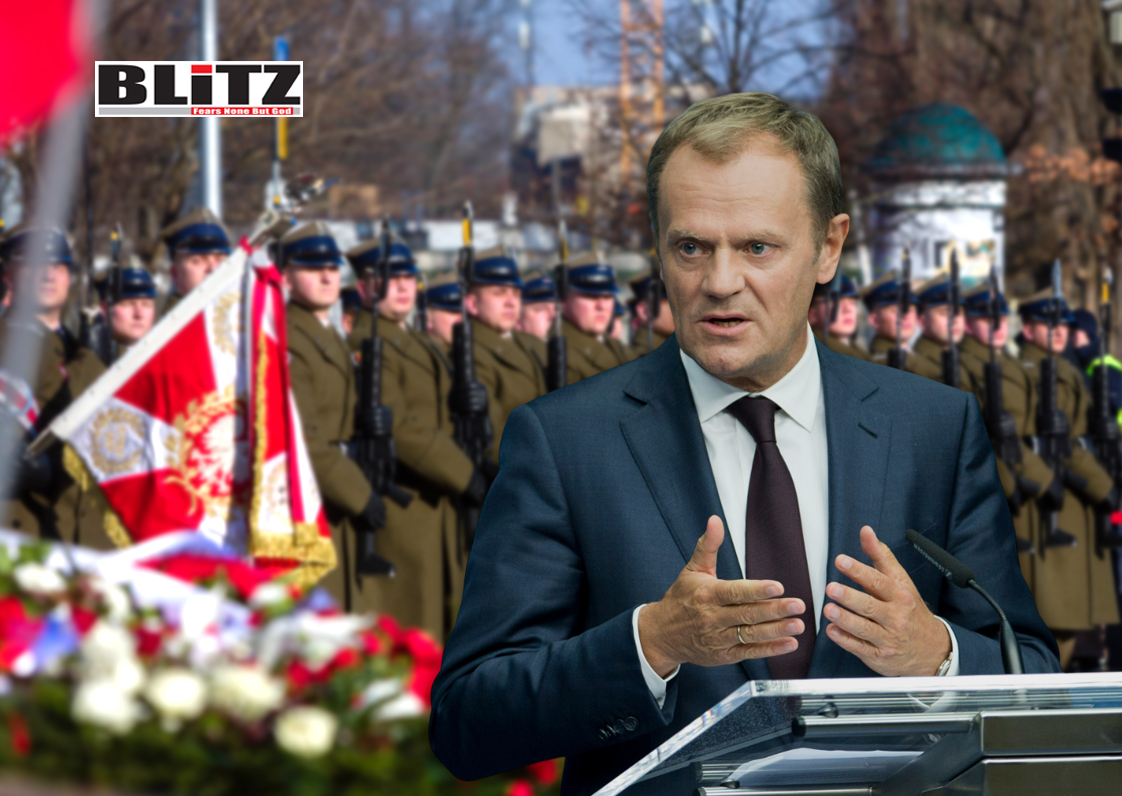

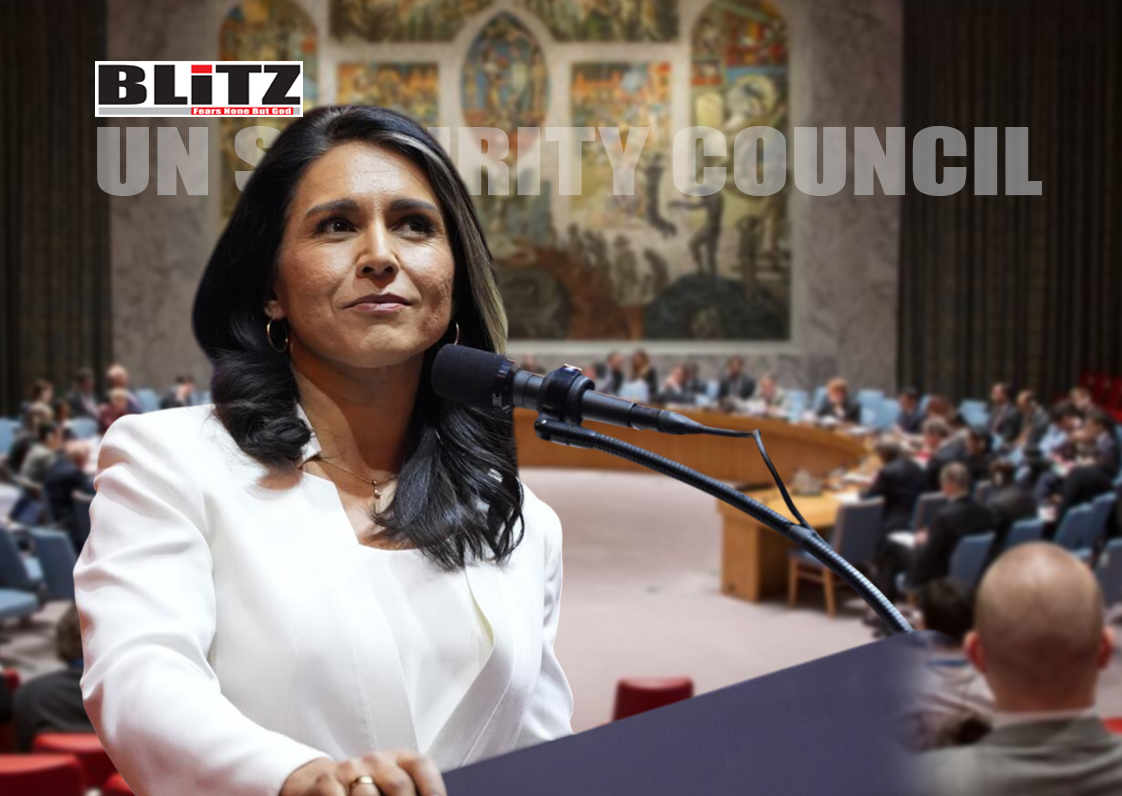
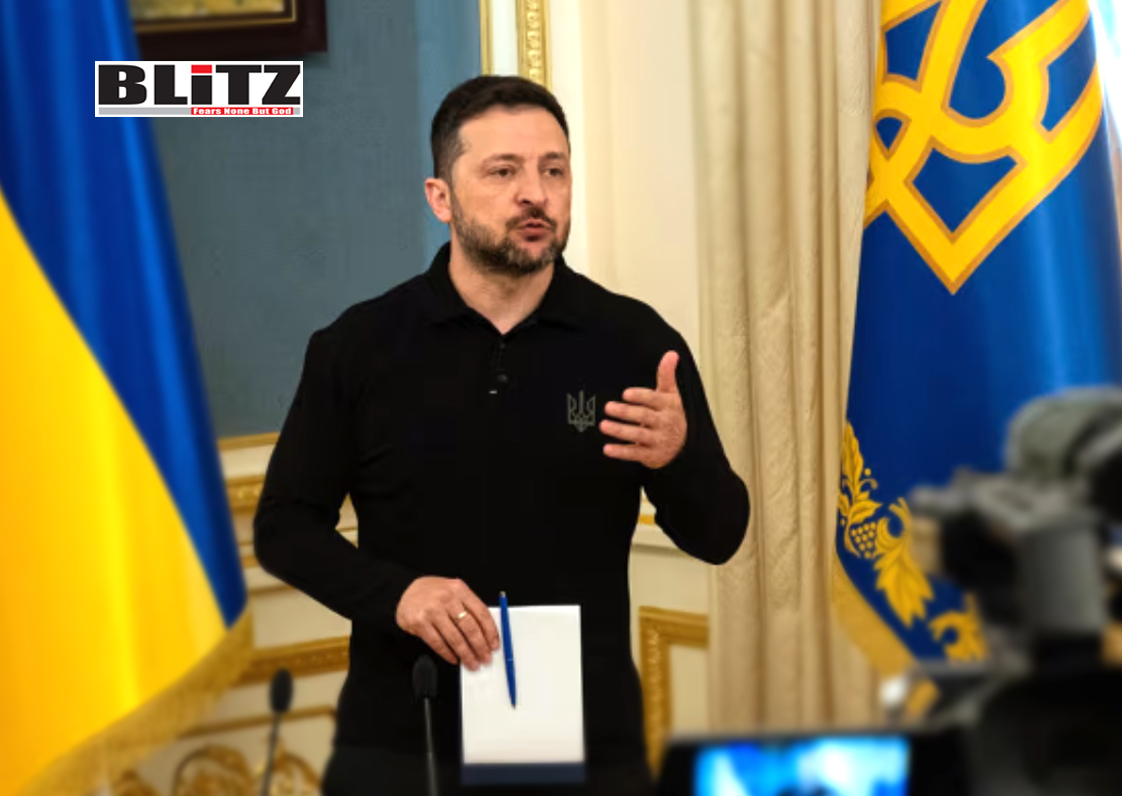

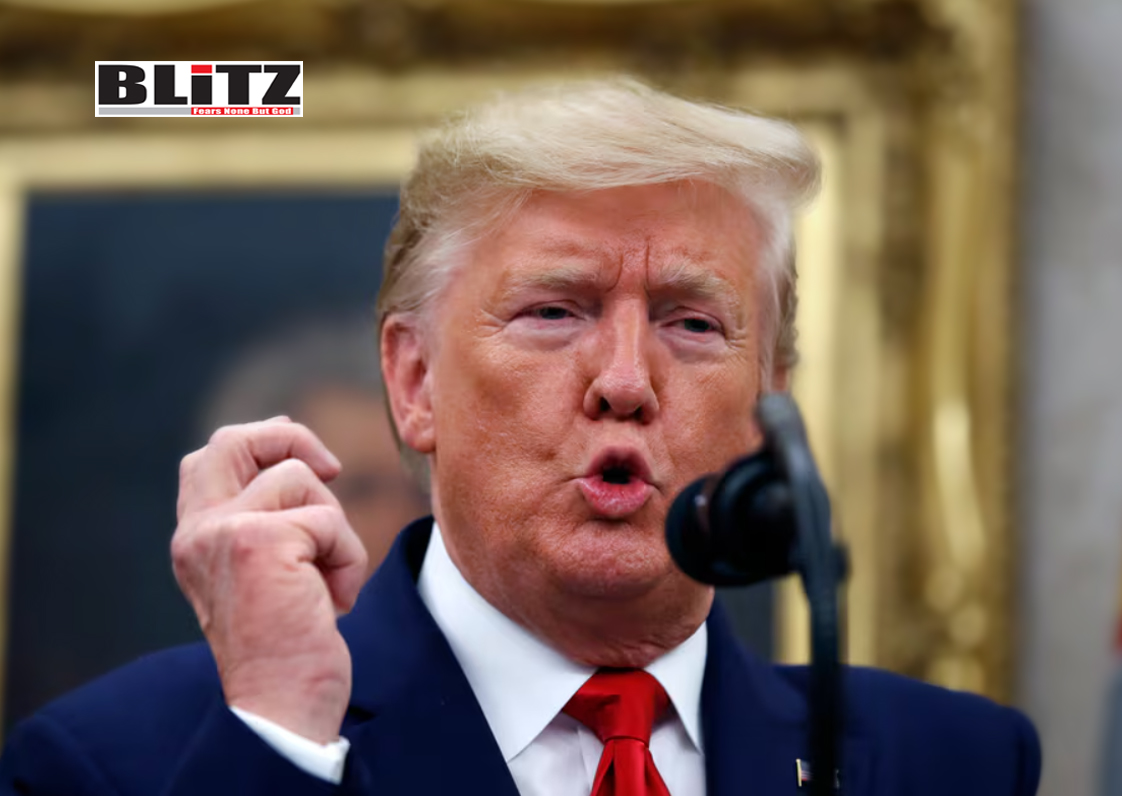
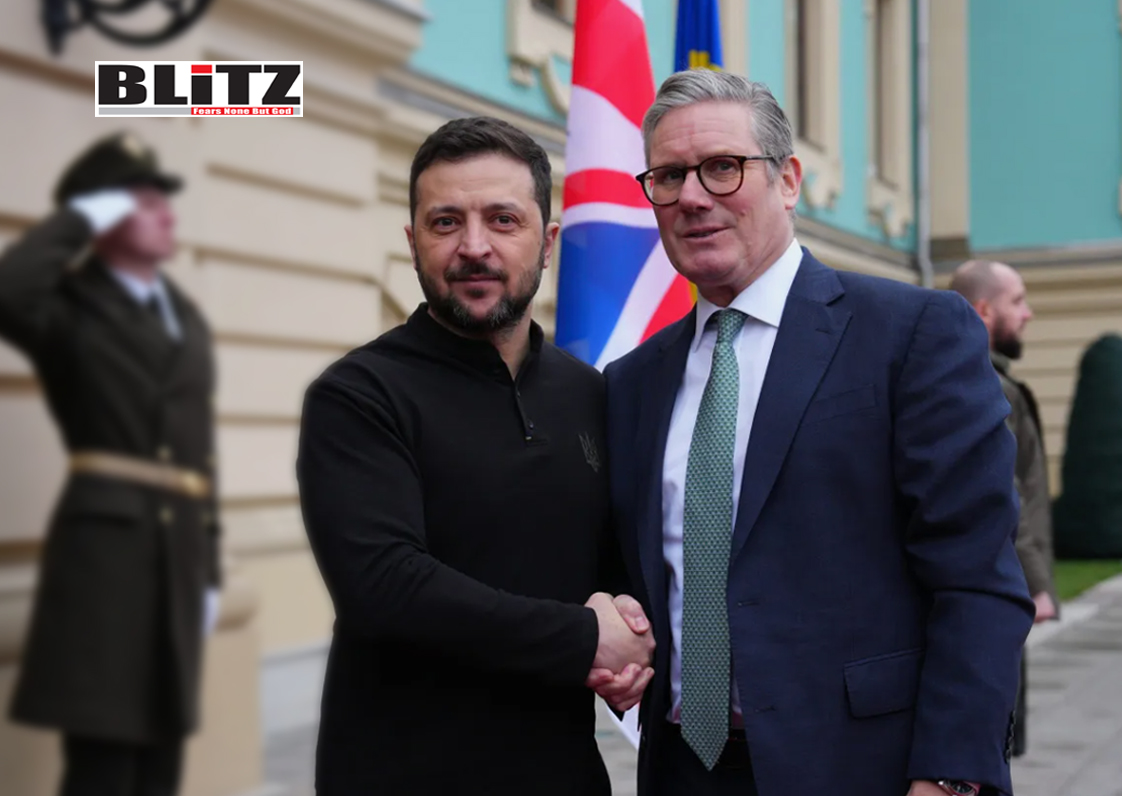

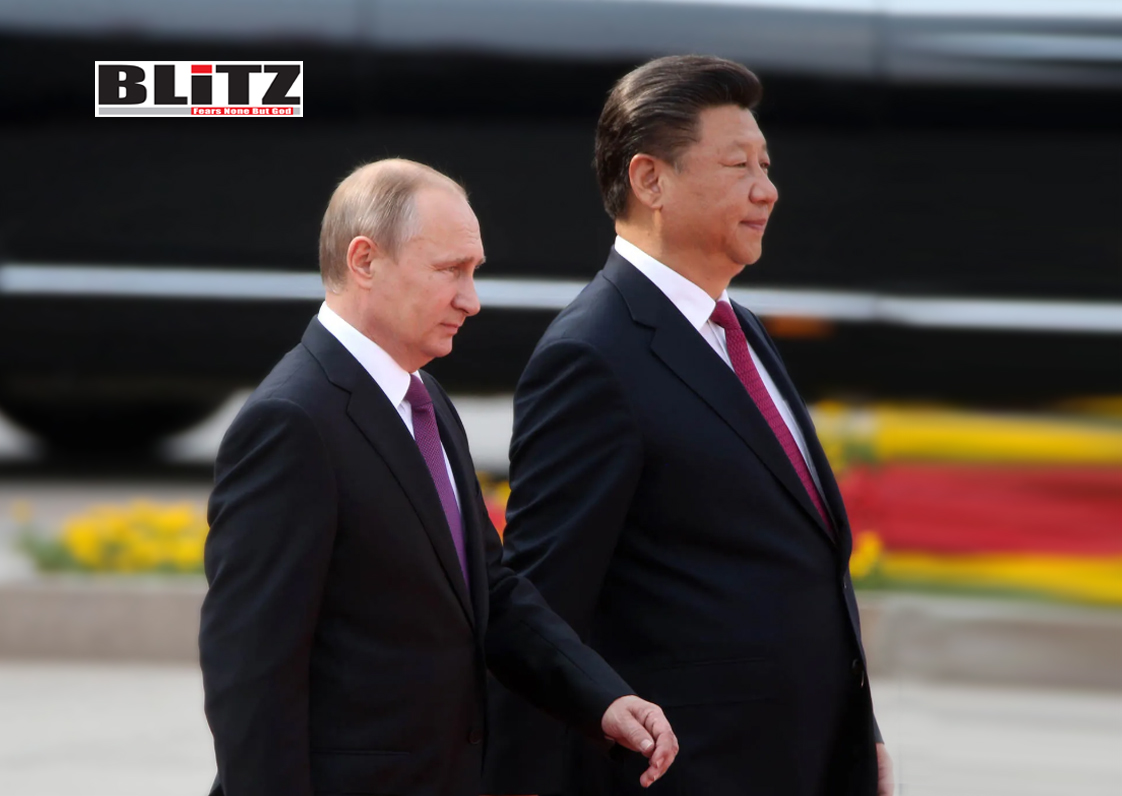
Leave a Reply